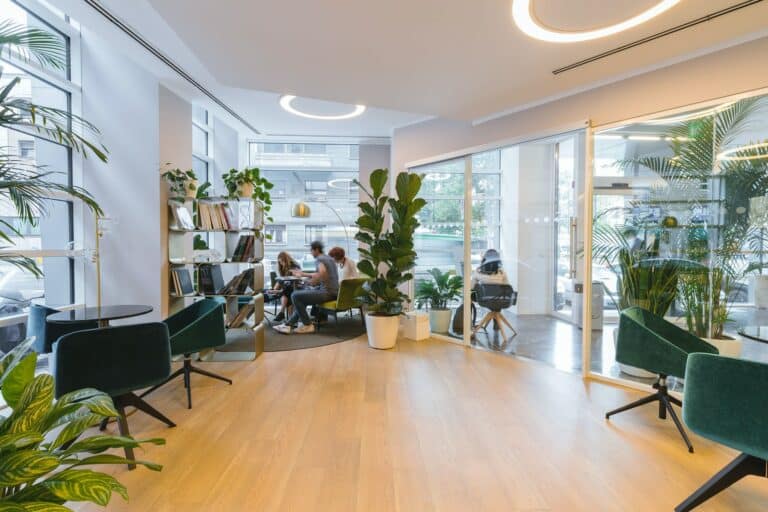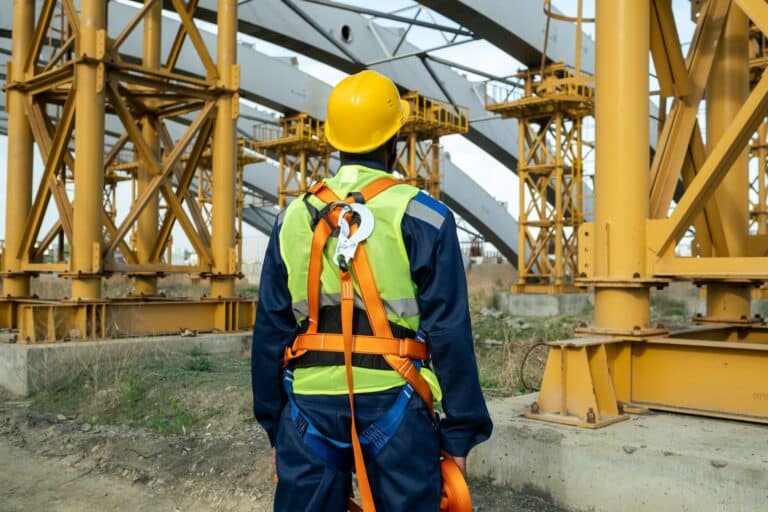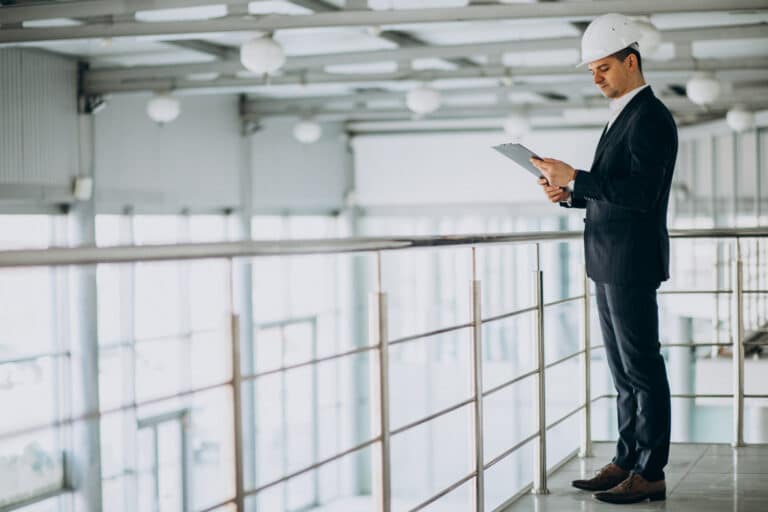Commercial building extensions are a way to increase the size, functionality, and value of a commercial property. However, the planning process can be overwhelming and complex. There are many important considerations to keep in mind when planning a commercial building extension, from zoning laws to budget constraints. This article will explore the key factors for a successful commercial building extension.
Zoning and Building Codes
Zoning and building codes are among the most important considerations when planning a commercial building extension. Zoning laws regulate the use of land and buildings in a particular area while building codes set standards for construction and safety. Before beginning any construction, it is important to research and understand the zoning and building codes in the area. Failure to comply with these laws can result in fines, legal action, and even the demolition of the building.
Budget
Another important consideration when planning a commercial building extension is the budget. Building extensions can be expensive, and it is important to clearly understand your budget before beginning any construction. This includes the cost of materials and labour and any additional expenses such as permits, inspections, and design fees. It is important to work with a qualified contractor who can provide a detailed estimate of all costs associated with the project.
Design and Functionality
When planning a commercial building extension, it is important to consider both the design and functionality of the space. The design should be aesthetically pleasing and complement the existing building while also meeting the needs of the business. The functionality of the space should be carefully considered, including factors such as lighting, ventilation, and accessibility. It is important to work with an experienced architect or designer who can help create a design that meets the business’s aesthetic and functional needs.
Timeline
Another important consideration when planning a commercial building extension is the timeline. Construction can be disruptive to business operations, and it is important to have a clear understanding of the timeline for the project. This includes the construction timeline and any necessary permits, inspections, and approvals. It is important to work with a contractor who can provide a realistic timeline for the project and communicate any delays or changes in a timely manner.
Environmental Impact
Finally, it is important to consider the environmental impact of a commercial building extension. This includes not only the impact on the local environment but also the impact on the global environment. Sustainable building practices, such as using energy-efficient materials and incorporating renewable energy sources, can help reduce the environmental impact of a commercial building extension. It is important to work with a contractor who is knowledgeable about sustainable building practices and can help incorporate them into the project.
Conclusion
In conclusion, planning a commercial building extension requires careful consideration of many important factors. Zoning and building codes, budget, design and functionality, timeline, and environmental impact are all important considerations to keep in mind when planning a commercial building extension. Working with a qualified contractor who can provide guidance and expertise can help ensure a successful project that meets the needs of the business while also complying with all laws and regulations.
Looking for reliable commercial building contractors to help you plan and execute your next project? Look no further than G.I. Sykes! With years of experience in the industry, our team of experts is dedicated to delivering high-quality results that meet the unique needs of your business. Get in touch today!



